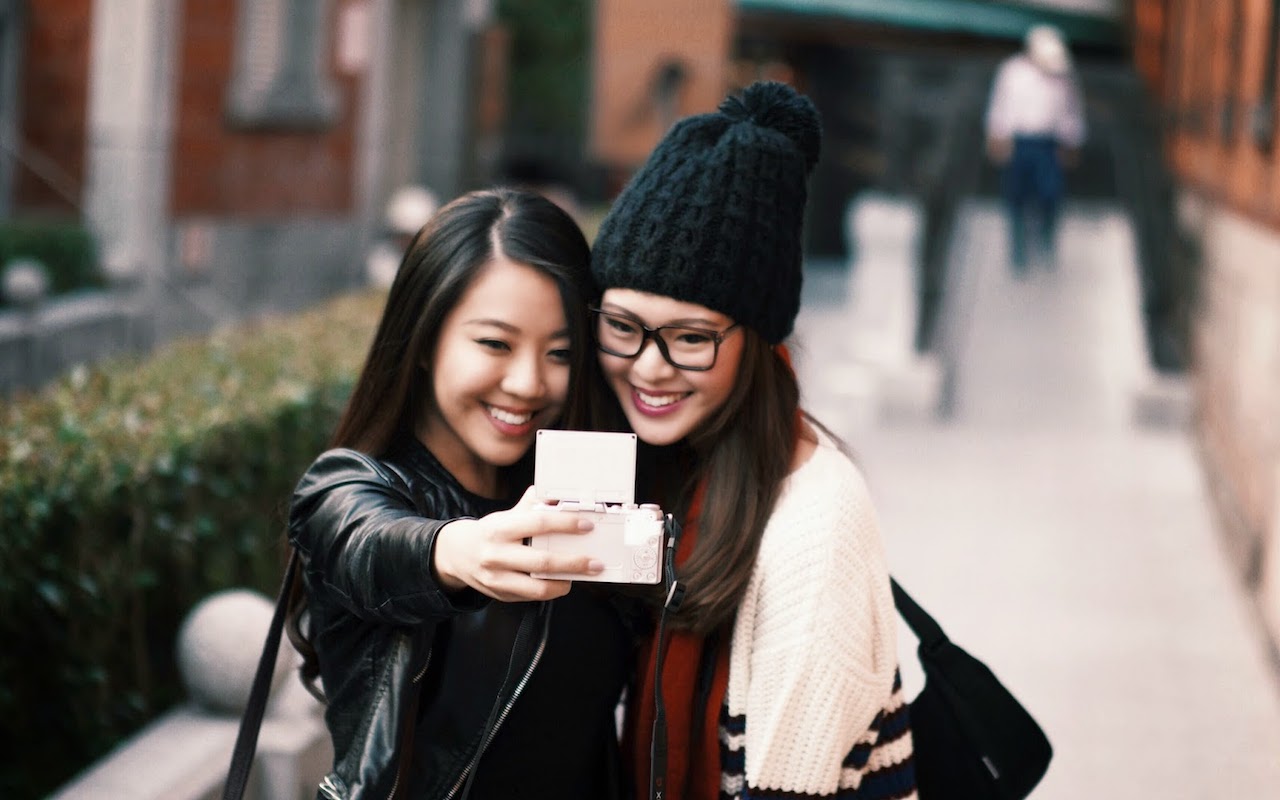As far as millennial stereotypes go, I too am guilty of curating my social accounts to reflect the best parts of my life.
But there’s one thing I dislike sharing online: my closest relationships.
A quick scan through my social accounts will tell you next to nothing about the people I hang out with or regularly talk to. From the amount of public interaction via social media that I have with some of these people, you’d never guess that they’re actually the ones I treasure the most.
On the other hand, we all know someone who posts so often about their partner, BFF or squad that you no longer think of them as their own person. After the fifth consecutive post about being “blessed” with “this bunch” or “this one”, you start to associate them with whoever most appears on their accounts.
Like that girl you know from university, who is no longer just Min.
Instead, she is Min, Terence’s girlfriend or one-fifth of her clique, who writes long and sappy captions on Instagram dedicated to her boyfriend or her friends. She tags them in every photo, because it says what she could’ve said in a text message while supporting her public image as a good (girl)friend.
In these instances, it appears that love, romantic or otherwise, isn’t real until it’s Instagram or Facebook official.
But by all means, don’t let me rain on your parade. More power to you for being so open about all the intimate details of your life.
Once upon a time, I too believed that joy shared is joy doubled. When someone makes you happy, it’s natural to want to share this joy with everyone else.
To many, it also feels unnecessary to actively separate who you are on social media from real life. It might be better just to be an open book, even if it may come off as oversharing. As a result, I know when my friends get into new relationships, when they start families, and when they break up.
Yet the thing is, the superficial nature of social media is such that it can unwittingly amplify the good parts of relationships so that they feel like you’re closer than you really are to certain people.
For instance, I know a guy whose Instagram is saturated with pictures of him and his girlfriend. Their ‘golden couple’ status is only reinforced by comments from friends who have become invested in their relationship because of their ‘loving’ updates.
In reality, he’s trying to figure out if he still loves her.
When your online self is so rigidly curated, it restricts you from accepting that flaws exist in real life. I should know; I was once like that guy in the above couple I just mentioned.

A veteran writer once told me that, after decades on the job, it’s still not an easy task figuring out which parts of his private life to write about publicly. After all, the professional is the personal in his job. He realised that distinct lines need to be drawn, and that these boundaries should be respected regardless, which becomes fairly straightforward when you are clear about your priorities.
It’s even trickier with one’s personal social media, where rules are less stringent. While you may not want to gush about your relationship on normal days, what about on Valentine’s Day? Is that a no-exceptions kind of day?
How long before these exceptions slowly turn into the norm?
Nonetheless, I consciously strive to keep my closest relationships offline. Aside from generally enjoying my privacy, there’s also a protective instinct to keep the extra special connection that my close friends and I share to real life.
I suppose this boils down to the fundamental desire we have not to share the things that we wish to enjoy ourselves. So being selfish with the things that make me happy is one of the easiest decisions I make regularly.
And when I say this, I think about a couple I know that’s been happily together for a few years. Neither party has mentioned their love online more than twice in their entire relationship. They enjoy knowing that no one unimportant is invested in their relationship, least of all in an inaccurate portrayal.
They even seem just the kind to get married and only let word out on social media five years later, which is one of the rare traits about anyone’s relationship I’ve found enviable.
So perhaps the most telling sign of whether I really like someone is how determined I am not to talk about our friendship on social media. But it’s not that I will absolutely never do so.
The restraint simply makes the sporadic update even more special when I eventually do.
Occasionally, I still experience a sense of obligation to be as candid with my behaviour on social media as I am with my close friends in real life. In these moments, I remember that what people choose to hide often speaks volumes more than what they choose to reveal.
When the most personal parts of your life are no longer solely yours, how can your intimacy truly remain honest?






